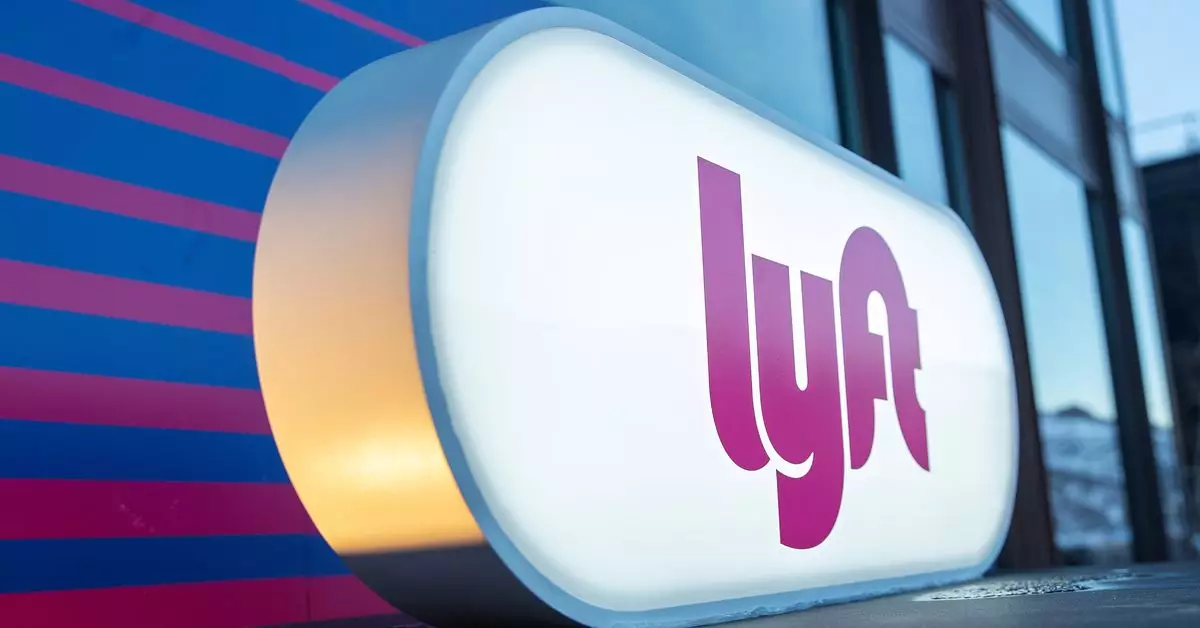In a significant development within the gig economy, Lyft has agreed to pay $2.1 million as part of a settlement deal following an investigation by the Federal Trade Commission (FTC). The FTC’s investigation revealed misleading advertising practices by the rideshare giant, particularly regarding how it presents driver pay. Lyft previously claimed that its drivers could earn “up to $33 per hour” in cities like Atlanta. However, this figure was misleadingly based on the earnings of only the top echelon of drivers, rather than the average income that most drivers actually see. Furthermore, Lyft included tips in these advertised earnings, inflating actual driver compensation by as much as 30%.
This settlement highlights the growing concern around transparency in the gig economy, where companies like Lyft and Uber have faced increasing scrutiny over their labor practices. FTC Chair Lina Khan emphasized that it is illegal to entice workers through misleading claims, signaling a robust federal commitment to holding companies accountable for deceptive advertising practices.
The FTC’s complaint against Lyft went beyond mere inflated earnings claims. The rideshare company was also accused of promoting earnings guarantees that misled drivers about their potential income. For example, Lyft promoted an incentive of $975 for completing 45 rides over a weekend, but many drivers misunderstood this to mean they would earn this amount in addition to their usual compensation. In reality, this guarantee was a conditional minimum pay structure, only applicable once they completed the required number of rides.
This lack of clarity has raised questions about the ethical obligations of gig companies to provide clear, accurate information to their workforce. The FTC’s intervention underscores the necessity for rideshare companies to be transparent about how their payment structures work and to refrain from using misleading language that blurs the lines between guaranteed earnings and variable pay based on performance.
The impact of this settlement extends beyond financial penalties for Lyft; it also has serious implications for drivers who rely on these platforms for their livelihood. The FTC’s directive mandates that Lyft must adjust its advertising strategies to focus on realistic earnings based on average driver incomes, excluding tips from the calculations. This move is aimed at providing potential riders with a clearer picture of what they can genuinely expect to earn, ultimately fostering greater transparency.
As the gig economy continues to evolve, the rules of engagement between employers and workers need to be redefined. By compelling Lyft to change its advertising methods, the FTC is advocating for a more equitable playing field for drivers—a majority of whom may feel misled or exploited by unrealistic earnings projections. In a labor market where transparency is increasingly sought after, this settlement might influence wider changes across the rideshare industry.
This action is part of a wider trend concerning the regulation of gig economy companies. For instance, many states have begun adopting laws aimed at ensuring fair wages and better working conditions for gig workers. Massachusetts has already implemented a minimum wage for rideshare drivers, while New York City has taken similar measures, although some companies have reportedly undermined such regulations by limiting driver access to driving apps.
The FTC’s involvement adds a new layer to the struggle for worker rights in the gig economy, marking a turning point where federal oversight could lead to improved working conditions. The careful monitoring of advertising and compensation practices might not just enhance driver experiences, but also serve as a template for other industries facing similar complexities.
As Lyft aims to comply with the terms of the proposed settlement, opportunities for change loom large. This agreement can potentially reshape how rideshare companies market their services and approach driver compensation, ultimately benefiting the workforce that sustains the rideshare business model.
The FTC’s commitment to ensuring accuracy within gig work advertising paves the way for a more just system that prioritizes transparency and fairness. If implemented effectively, these changes might encourage better practices across the sector, benefiting drivers and setting a precedent for future regulations in the gig economy. In a landscape where labor rights are increasingly in focus, the FTC’s initiatives may represent just the beginning of a broader movement toward accountability and employee welfare within the gig economy.

